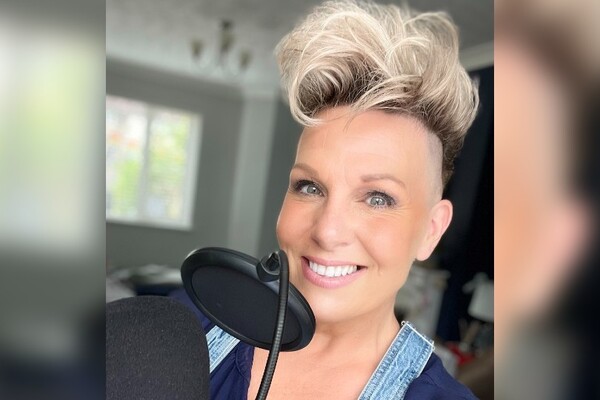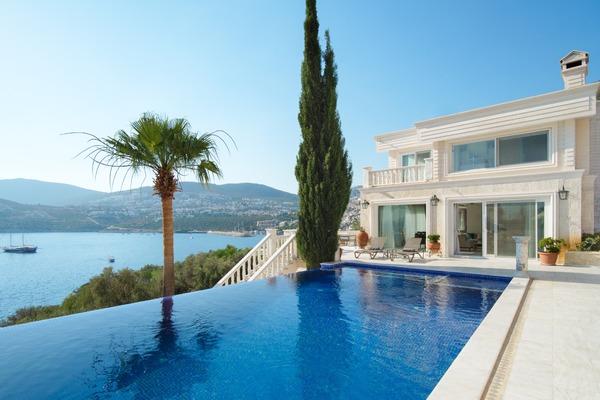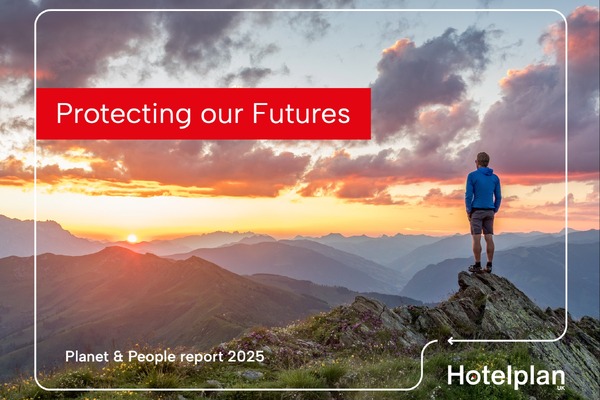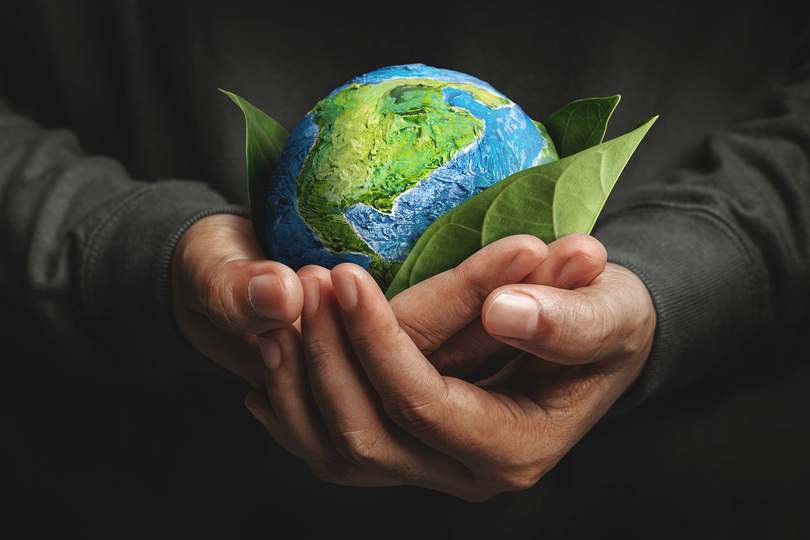Travel's drinking problem and why it should normalise moderation
Industry experts have this week urged the travel industry to ‘normalise’ professionals’ choices to not drink alcohol at work-related events, amid concerns there is still pressure to maintain a high-drinking culture at functions.
A collection of experts at a webinar this week, hosted by travel recruitment specialist C&M Recruitment, suggested the industry could normalise people’s sobriety in the same way that vegetarianism or veganism is seen as a ‘standard’ choice, by widening the offering of non-alcoholic drinks at functions and by providing alternative incentives or freebies to the traditional bottles of wine or champagne.
“We’ve got to make the provision of non-alcoholic drinks normal, that happens as a matter of routine,” said Travlaw partner Ami Naru. “Just as you cater for vegetarians, you have to normalise that there will be sectors of our audience that don’t want to drink, for whatever reason.”
As part of “The ABC of booze in the travel workplace” webinar, held on Wednesday 27 March, experts, including Naru, C&M boss Barbara Kolosinska and HR professional Claire Steiner – discussed the pressures of drinking at work events as well as the potential ramifications of alcohol in the workplace.
During the webinar, attendees answered revealing polls that showed nearly nine in 10 (88%) believed there was still pressure for travel professionals to drink at industry events, while almost seven in 10 had themselves had the unpleasant experience of disciplining a member of staff for drinking too much at a work function.
According to Naru, the poll’s results “don’t come as a surprise” as travel is a very vivacious sector to work in, with a lot of events abroad.
“The people working in the industry are nice and social people, they want to have a good time,” she said.
The panel did concede they had noticed that younger staff members feel less inclined to drink during work functions. “The younger you are the less inclined you are [to drink],” Lindsay Garvey-Jones, national retail manager at Holiday Extras, commented. “When I started in travel it was all about the booze.”
NHS data has shown that in 2021, 38% of English 16-24-year-olds didn’t drink alcohol, compared to 19% a decade earlier. Meanwhile 21% of those aged between 25 and 34 were teetotal – 5% up on 2011 levels.
“I certainly see it with the younger crowds coming through [the industry],” added Steiner. “There are definitely fewer issues about conforming.”
But noting the concerning poll result that 69% of the panel had found themselves in the position of reprimanding a team member for excessive alcohol consumption at a work event, Kolosinska said: “You do warn staff, you do tell them they’re there to represent the company but there were times where they had to be told off because of their excessive drinking.”
To avoid unpleasant situations and possible conduct issues, Naru has urged professionals in more senior or management positions to give their staff proper guidance, reminding them that conferences or awards ceremonies are not a holiday but an extension of the workplace, adding they should meanwhile be leading by example.
Steiner has also reminded employers they could get into trouble legally if something were to happen to an employee who got intoxicated at a work function.
“It doesn’t matter if it’s happening after the event, you still have a duty of care for the safety of that person, based on the fact that you have provided them the opportunity to drink,” she added.
Sign up for weekday travel news and analysis straight to your inbox

Ilaria Grasso Macola
Supplier Directory
Find contacts for 260+ travel suppliers. Type name, company or destination.











